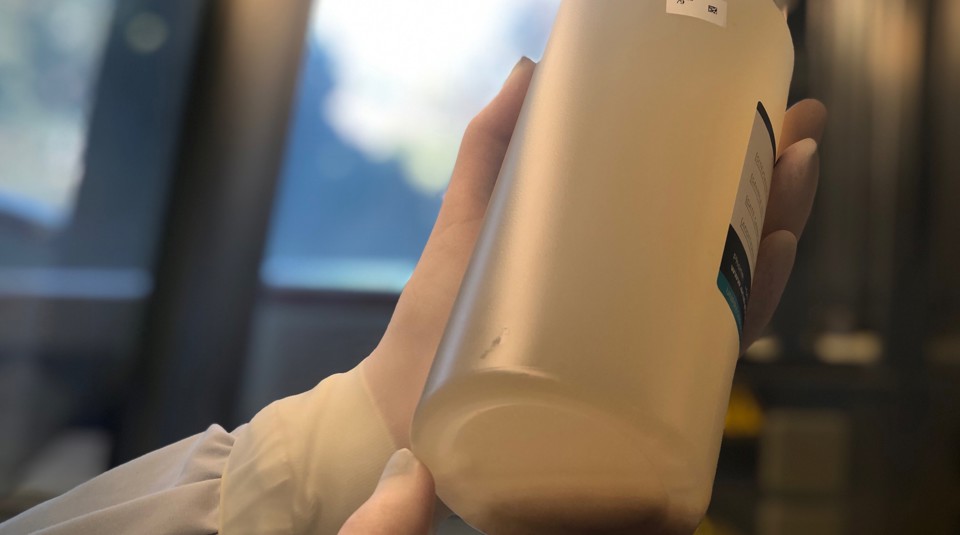Efforts to protect New Zealand communities against COVID-19 have been given a boost thanks to funding for pioneering ESR research into the virus’s presence in wastewater.
The project, which receives $1,658,201 over 18 months from the Ministry of Business, Innovation and Employment’s COVID-19 Innovation Acceleration Fund, will look at how ESR can deliver cost-effective environmental monitoring that will help determine the incidence of COVID-19 in communities.
Last month, ESR scientists detected COVID-19 virus in wastewater samples, providing an evidence base for more work.
ESR chief executive Dr Keith McLea says the funding shows the impact that ESR’s exceptional science and research can have on the health and wellbeing of New Zealand communities.
“This work could translate into a critical early warning surveillance opportunity, linking with other surveillance and monitoring tools,” Dr McLea says. “This a great outcome for our experienced team and showcases our expertise and knowledge testing wastewater.”
ESR Research & Development Manager Dr Brent Gilpin says “The work we will now do to progress our initial research will help develop an early-warning monitoring tool, specific for New Zealand’s unique conditions, which could have the ability to make a huge difference in keeping our communities healthy and safe,” says Dr Gilpin says. “New outbreaks of COVID-19 disease could take some time to be recognised, particularly if the initial cases only experience mild symptoms. Even the severely affected only begin experiencing more severe symptoms in the second week of infection. With the potential for case numbers to double every two or three days, an outbreak can quickly get out of control.”
Co-leading’ the project is Dr Joanne Hewitt, Head of ESR’s Environmental Virology Laboratory. “Along with the design of appropriate sampling strategies, the funding allows work to improve virus concentration methods from wastewater,” Dr Joanne Hewitt says. “It also makes sure that virus detection methods are as sensitive as they can be – so that we can detect really low amounts that may be present.”
Wastewater testing offers the potential to identify if the virus is circulating in the community – as the virus causing COVID-19 can be excreted in faeces a few days before people show any symptoms.
“A robust and targeted sewage surveillance system could allow us to detect a new outbreak before people start to consider getting tested. This could then allow a very targeted and localised testing, tracing and isolation response at a point when the outbreak can be much more easily contained. While this testing and contact tracing gets underway, a heightened, localised increase by the public in physical distancing, hygiene and isolation by anyone feeling sick, could in itself be sufficient to stamp out an outbreak.”
“As part of New Zealand’s overall pandemic response, we want to ensure that any outbreaks can be contained, and don’t require a return to lockdowns. Key to that is detection and response at the earliest point. Sewage testing can play a key role, but we need to ensure we have robust and reliable testing. This funding will allow us to develop and implement science we can rely on.”
The team also includes University of Otago, University of Auckland, Cawthron and international partners working synergistically with the water and waste industry.

